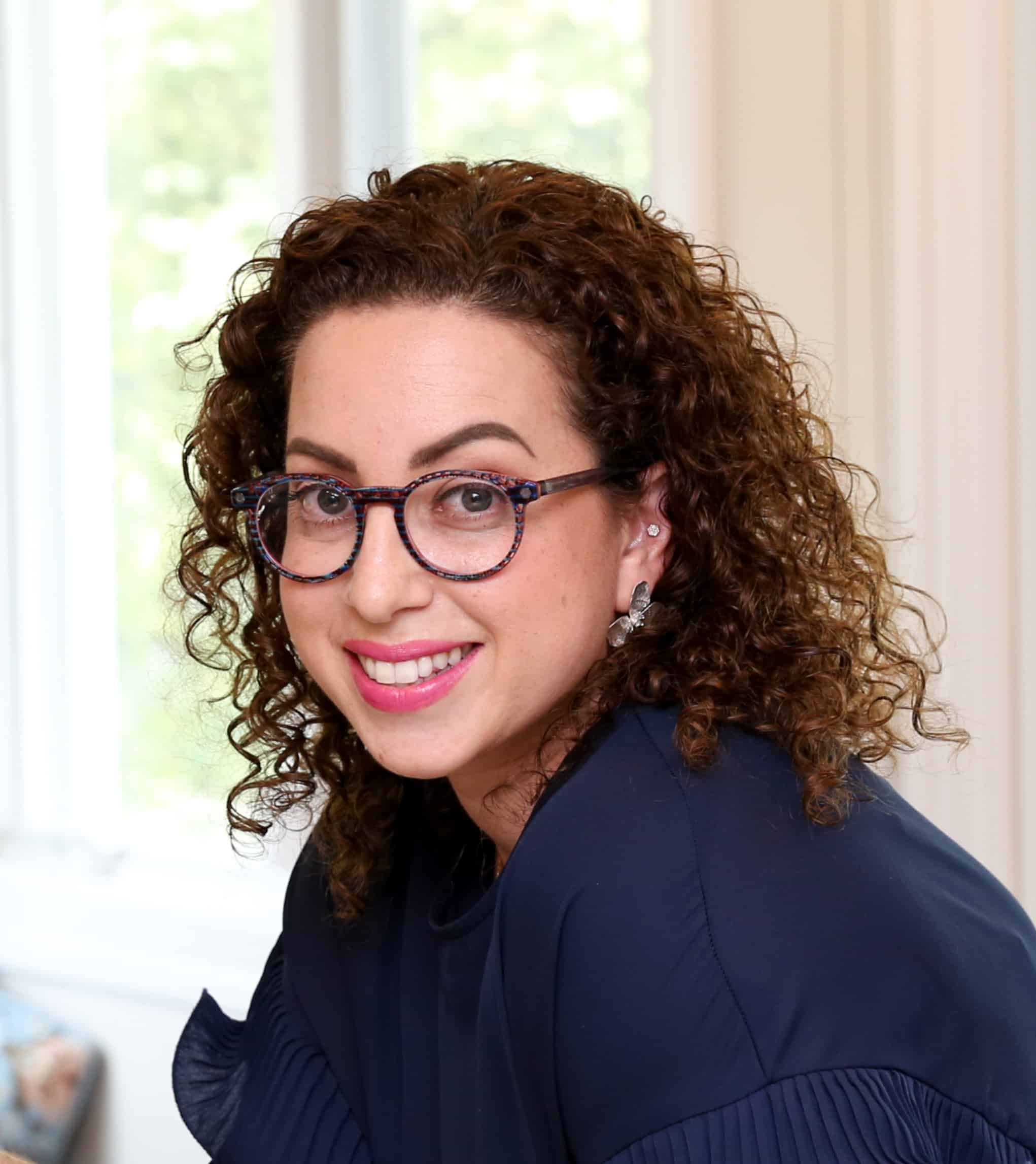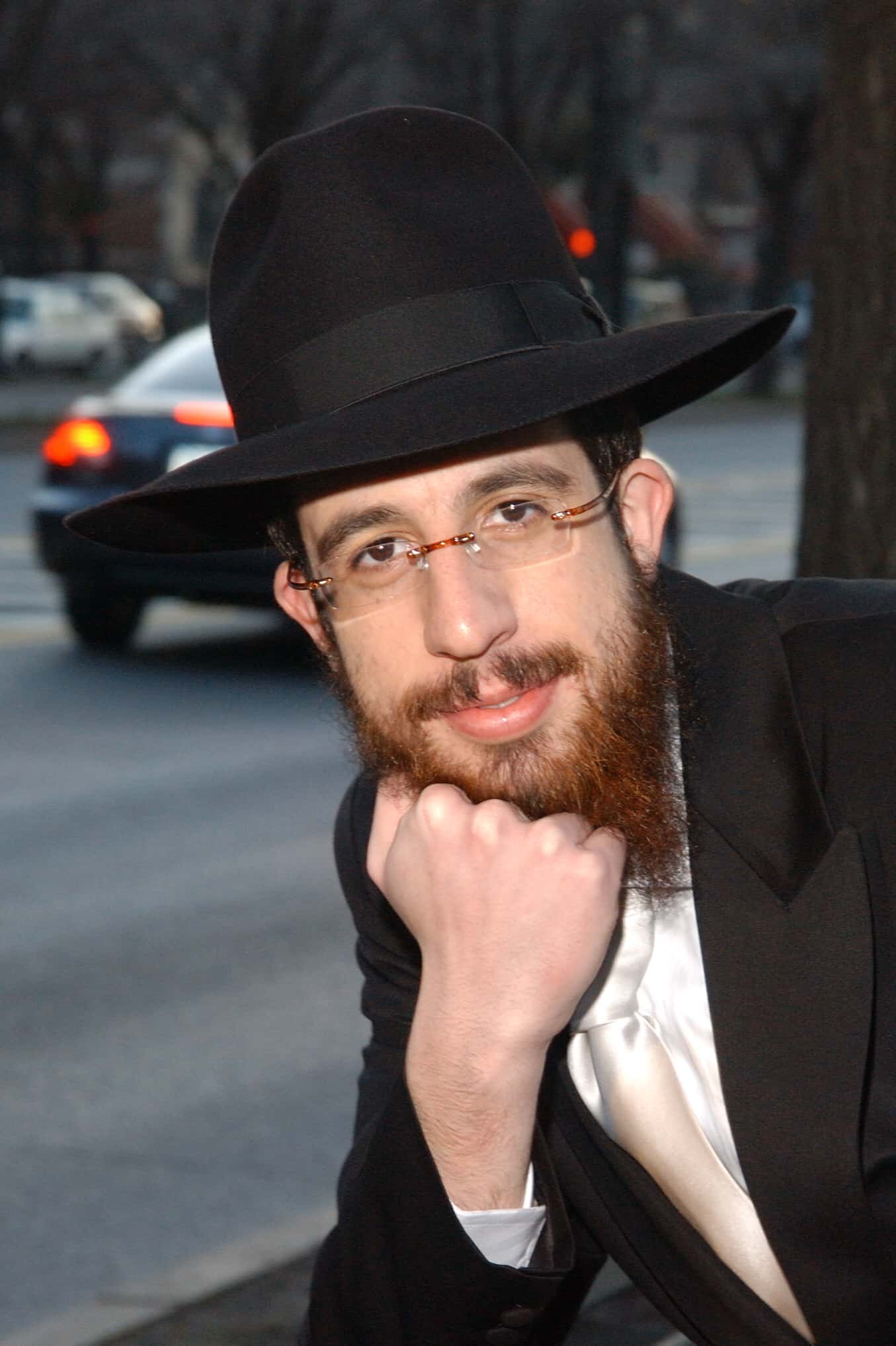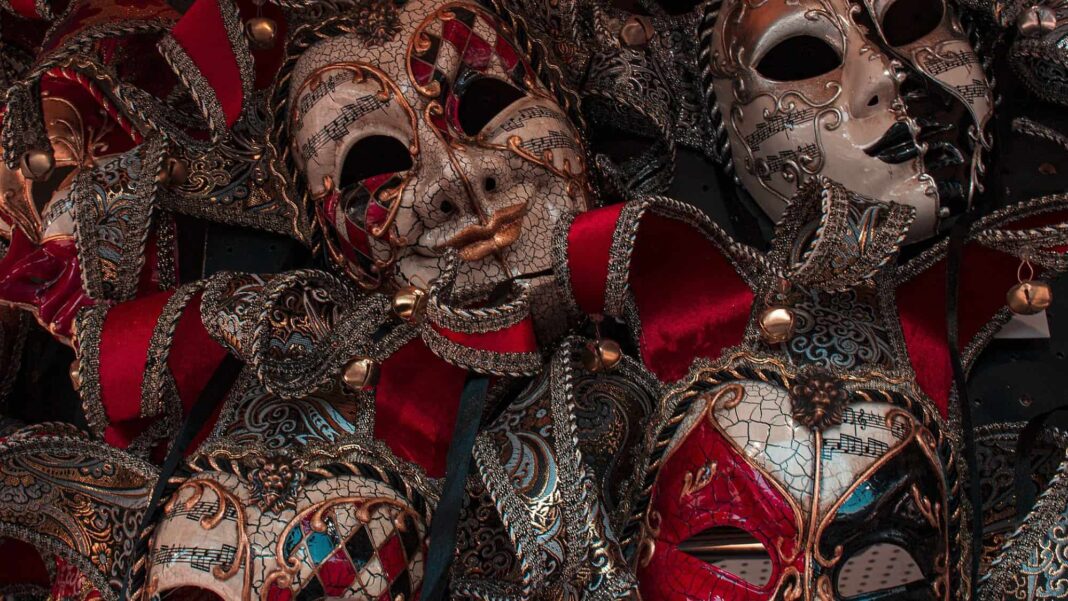|
Getting your Trinity Audio player ready...
|
By Sarah Ogince
(JNS) More than 2,000 years ago, when the Jews of Persia triumphed over an existential threat, they celebrated by proclaiming a holiday: They gave charity, the Scroll of Esther recounts, sent each other presents of food, ate, drank and were happy.
But as Jews in Israel and the Diaspora prepare to celebrate the raucous festival of Purim this year, many are feeling that the party is premature–the wounds of the horrific Hamas massacres on Oct. 7 are too fresh; the war’s casualties mount daily; hostages remain in Gaza.
“On the one hand, we are still waiting for victory—we do not feel there at all, and we are all dealing with trauma,” says Sarah Reinstein, a psychiatrist living in Elkana, a Jewish community in the northwestern Samarian hills. “On the other hand, we need the joy.”
But Purim, which this year begins on the evening of March 23 and continues until nightfall on March 24, leaves little room for conflicted feelings. Feasting, masquerades, and giving charity and gifts of food are the prescribed order of the day. Jewish law actually prohibits public displays of mourning on the holiday, even for those grieving close relatives. (Observant Jews do, however, fast on March 21 from morning until evening—the Fast of Esther—commemorating the events in Shushan, the capital city where the Scroll of Esther is set.)
One time-honored Purim custom may seem particularly appealing this year—the rabbis of the Talmud famously advise Purim revelers to drink until they can’t tell the difference between Mordechai, the Jewish hero of the Scroll of Esther, and Haman, the enemy of the Jews. But even with antisemitism rising around the world, many Jews say they’re not planning to overindulge this year.
If anything, the moment requires more vigilance, Elliot Cosgrove, senior rabbi at Manhattan’s Park Avenue Synagogue told JNS: “The challenge right now is to be eyes wide open to what’s happening in Israel and Gaza, and also appreciate the here and now.”
The synagogue’s Purim play (“mischief, mayhem and mishugas aboard the cruise liner SS Shushan”) will be performed as usual, though the funds raised during the holiday will go to Israel, along with $18 million the congregation has already sent to the Holy Land. “The community response was incredibly affirming,” Cosgrove says, “but in the scope of the need, a drop in the bucket.”
And the insistence on keeping Purim celebrations “as usual” is deliberate, Cosgrove says: “My congregants don’t want their Judaism to be reduced to the hatred of others.”
Honoring the victims
The most dedicated and zealous group of Purim observers is unlikely to have any trouble carrying on as usual this year. Melinda Strauss, a news and social-media content creator in Long Island, N.Y., has not shared her mixed feelings about the holiday with her kids. “I don’t want to take away from their Purim joy,” says the mother of two. “If they want to hang out with friends, make a ton of mishloach manot, dress up, and all of that, I am so in to support them.”

But Strauss herself is looking for ways to keep Oct. 7 in mind, even in the midst of the holiday madness. “My mishloach manot will be smaller as I donate more to Israel,” she says. She is also planning to honor two of the victims—Hadar and Itay Berdichevsky—by baking and distributing Hadar’s favorite cake. “I think we can feel joy and sadness at the same time, and that’s OK,” she says.
In Israel, however, where almost everyone has been touched directly by the events of the last few months, the question is not only one of sadness but of “trauma we have not seen in our generation,” psychologist Norman Goldwasser says.
Goldwasser, who lives and practices in Florida, was in Israel on Oct. 7 and treated survivors in the immediate aftermath of the attacks. He recently returned to train other psychologists in a new trauma center for soldiers returning from the Gaza Strip.
He’s not advising any of his patients to abstain from Purim celebrations this year, Goldwasser told JNS: “No one should allow Hamas or the delusional elements of the world who are attempting to vilify Israel to dampen our ability to celebrate a joyous holiday.”
And although it might seem counterintuitive, he believes that the Scroll of Esther resonates with those recovering from trauma. He cites the famous phrase v’nahafoch hu, which describes the many reversals in the Purim story, as good characters triumph and evil ones fall: “The concept of the reversal of outcomes [gives us] the ability to have faith that God is in charge and can give us the strength and resilience to carry on,” he says.
Laughing at ourselves
In the true spirit of reversals, for one group of Jews, having a more serious Purim is a reprieve. “For me, it’s easier, because there are fewer expectations from comedians this Purim,” Mendy Pellin says.
A “kosher comedian” and filmmaker, Pellin plans to spend the day at home in New York City, “schlepping around boxes” of mishloach manot with his kids. But as someone who has tackled once-taboo issues like child sexual abuse in his Brooklyn Chassidic community, he believes that Purim, like comedy, has the potential to “help us laugh at the way our mind processes trauma.”
“Purim is a time to step away from logic and lean closer to irrational feelings of joy,” Pellin says, “V’nahafoch hu—turning things on their head—in today’s climate means sanity.”

But perhaps the best reason to celebrate Purim this year is that it is a quintessentially communal holiday, the feasting, charity and gifts building bonds that endure to provide support and comfort. OneFamily, an organization that helps terror victims and their families in Israel, has already hosted a Purim party last month for bereaved families in Jerusalem, with more to come this month.
“Every holiday is an opportunity to spark some joy, bring some light,” says CEO Chantal Belzberg, “and to use the power of community and togetherness to help the very people hurting the most.”





